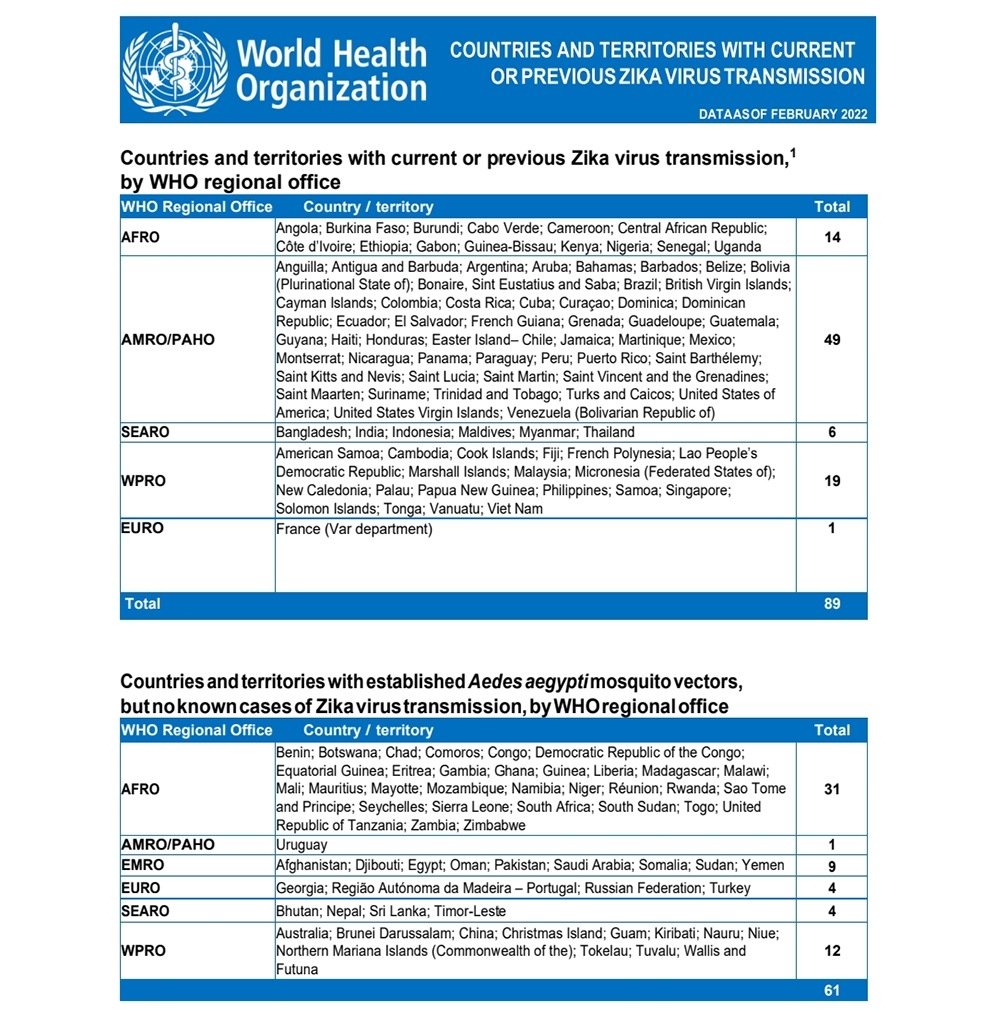For many people, reasons for traveling post-COVID are diverse: whether its business, visiting friends and relatives, attending a wedding, or maybe just a holiday they’ve been looking forward to for so long. But what happens when a few days before departure, and after everything is arranged for your upcoming trip and flight, that you’re pregnant?
In this report put together by NOWinSA editor Tankiso Komane – with assistance from KLM Airlines – not only do we unpack steps to take to ensure that your unborn child is safe from any possible harm, thus ensuring that the foetus is safe from any increased risk of birth defects, or premature birth, but also at countries prone to infectious diseases that expectant moms should to avoid altogether.
Pre-travel advice and immunisation
Depending on your destination, advice about vaccination and malaria prevention may be different if you are pregnant. That’s why it is extremely important to be properly informed, especially when visiting countries where infectious diseases such as malaria are prevalent. In some cases, travel to a country could even be discouraged because of the risks.
For pregnant women planning to travel soon, they’re advised to avoid visiting countries with Zika outbreak (as highlighted in this report by Centers For Disease Control and Prevention) contracting the disease during pregnancy – although usually harmless – can cause the child to be born with significant birth defects.
(N.B: Although a significant outbreak did occur in India in November 2021, researchers have warned in April that a new Zika outbreak could happen at any time soon).

Spreads primarily through one species of mosquito, called Aedes aegypti, which thrives in tropical climates around the world, Zika caused a global medical emergency in 2016, with thousands of babies born brain-damaged after their mothers became infected during pregnancy, with Central and South America being the hardest hit with more than a 100 million people infected and causing at least 3,500 cases of microcephaly (abnormally small head) in newborn babies.
So far (July 2022),
Doctors in the United Kingdom, Germany and Israel have only reported a total of 5 cases of Zika virus disease in people who travelled to Thailand between March 16 and June 2 (2022). While scientists continues to be puzzlesd as to why it hasn’t been a major problem in Africa (with the exception of the islands of Cape Verde and Angola), despite originating on the continent, likewise no Zika case has been reported so far in South Africa and most African countries, as well as America.
In the aftermath of the growing spread of the Marburg virus, which is from the same family as Ebola and is reported to be an increasing threat in Africa with confirmed Marburg cases in West Africa’s Ghana and Guinea), for women who might have been infected while pregnant, it’s understood that the virus may persist the placenta and fetus and although infection rate is similar in all individuals, it may be more severe in pregnancy (per thise previous findings by Researchgate. Therefore avoiding places and countries with Marburg outbreak is highly advised.
How far into your pregnancy can you fly?
KLM recommends that women who are more than 32 weeks pregnant should not fly. The airline also discourage flying – for you and your child – during the first week after birth. If you are expecting a multiple birth, the airline recommends that you consult your doctor before any flight. If you have had complications in the past, you should get your doctor’s permission to fly. Additionally, it is recommended that you carry a recent pregnancy statement with information about the due date and other relevant information. In many countries airline staff may want to see that. Regulations differ from one airline to the next, so always check before you travel.
Cosmic radiation
In a normal situation, the cosmic radiation exposure of a return trans-Atlantic flight can be compared to the same amount of exposure as when you have a chest X-ray. As with X-rays, any radiation can cause damage to genetic material inside a cell. However, there is no evidence that a trans-Atlantic flight increases the risk of abnormalities. To be on the safe side it is recommended to avoid frequent air travel when pregnant. Many flights services have special regulations regarding exposure to cosmic radiation.

Increased risk of thrombosis
If you are pregnant, you already run a greater risk of developing thrombosis. Flying will increase this risk. Deep-vein thrombosis (DVT) is a potentially life-threatening disorder in which blood clots can form in the deep veins of the body, particularly the legs. In an aircraft, the dehydration caused by the dry air may thicken your blood. In addition, the relative immobility of sitting in a confined space for a long period can cause blood to collect in your legs.
Flying while pregnant: things to do to prevent or reduce the risk of thrombosis:
- During long flights, walk around the cabin every 15 to 30 minutes, if possible
- Do some simple stretching exercises while you are seated
- Only sleep for short periods – up to 30 minutes at a time
- Move around after every nap
- Drink plenty of water
- Avoid alcohol and caffeine
- Also, avoid wearing tight-fitting clothing (however, the use of compression stockings might help)
All in all, it’s important that you consult with your doctor beforehand to discuss how to best reduce the risk of putting yourself and your unborn child in harm’s way.
Remember, airlines discourage travel after 36 weeks. To be sure, contact your carrier and ask about their policy for pregnant travelers. Ask if you’ll need a note from your doctor verifying your due date.


